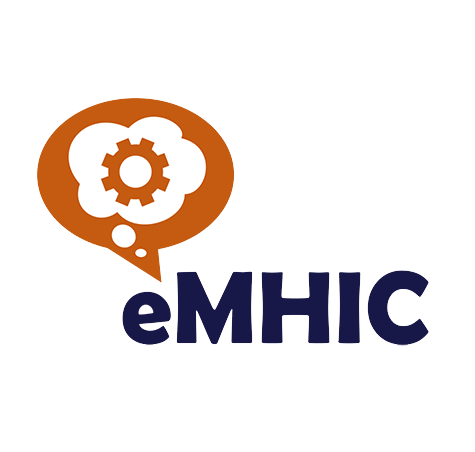About the Webinar:
Addictions and eating disorders are complex, biopsychosocial illnesses that are increasingly common. A 2024 study from the Butterfly Foundation in Australia found a 21% increase in eating disorders since 2012.
Long wait lists, restrictive criteria, or no care at all often prevent those impacted by eating disorders from receiving support. Less than 30% of those with an eating disorder seek or receive treatment. Barriers include stigma, shame, a lack of hope, a lack of knowledge regarding available care. The evidence is clear – early intervention and rapid access to care results in the best outcomes. But how to encourage people to reach out for support?
Organisations like Body Peace Canada and ConnexOntario, are creating welcoming virtual spaces to encourage people to connect with peers and professionals, decrease stigma and shame, and increase hope for recovery. They offer a range of peer support (from trained peer mentors), self-guided learning, and self-assessment tools, and simple, digitally-enabled ways to bridge the gap between the services that are available and the people who need them. Eating disorders and addictions are treatable, and a full recovery is always possible and these organisations offer a supportive space to explore and sustain recovery.
In this webinar, experts from Body Peace Canada & ConnexOntario present an overview of the systemic and individual challenges related to eating disorders and addiction recovery. They speak to the impact of peer support and immediate navigation support for those providing and receiving support, and how robust training and supervision ensures support is safe and effective.
Expert International Speakers:
- Canada: Samantha Cornelissen, System Navigation and Information Specialists Team Lead, ConnexOntario, Canada
- Canada: Shaleen Jones, Executive Director, Eating Disorders NS and Body Peace Canada
- Italy/UK: Gregor Henderson, eMHIC MC and Board Member





